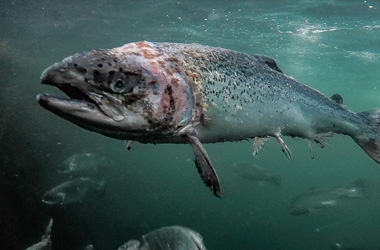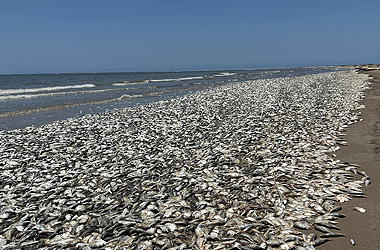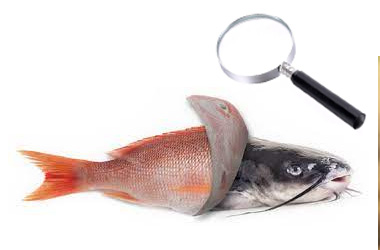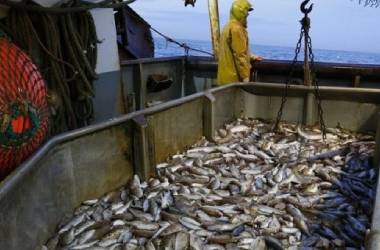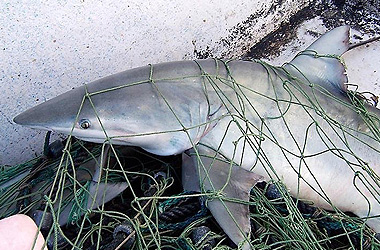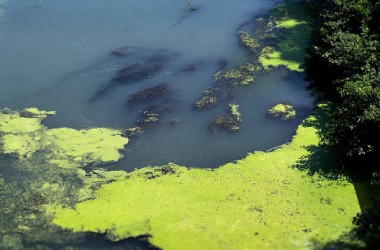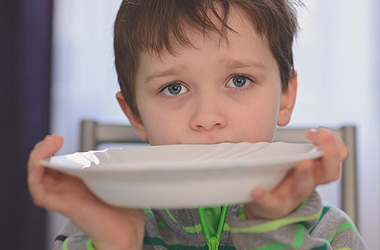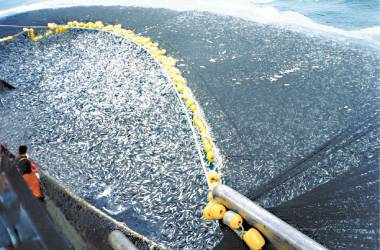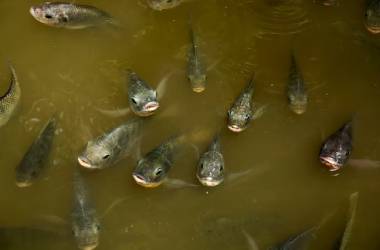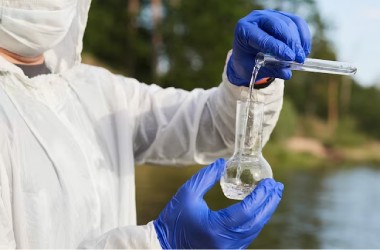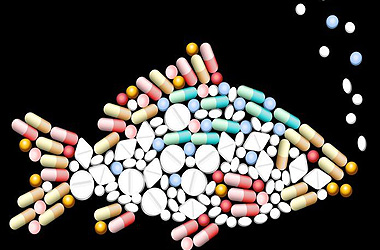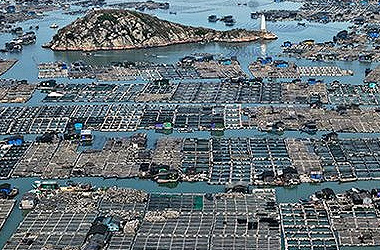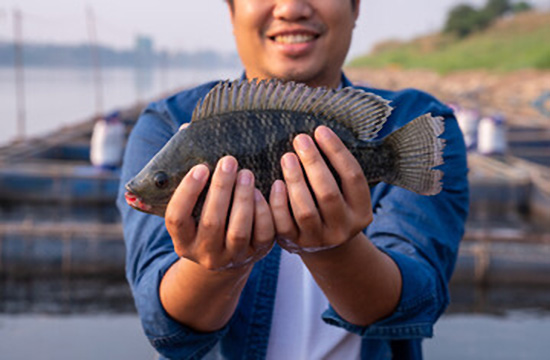
Aquaculture faces challenges in transitioning from conventional to sustainable production methods.The industry's need to intensify production to meet growing demand puts pressure on the environment and aquatic ecosystems. Addressing this challenge requires raising awareness, providing training and support to farmers, and establishing robust regulatory frameworks.
The urgency to tackle these establishment hurdles is paramount, as the health of aquatic ecosystems, food security, and the well-being of future generations depends on embracing sustainable aquaculture practices.
The challenge of resource efficiency in food production revolves around the need to maximize output while minimizing resource inputs. Industrial or super-intensive aquaculture practices often involve using antibiotics, chemicals, and intensive farming techniques that can harm the environment and compromise the health of aquatic ecosystems.
By addressing the challenge of sustainable production approaches, we can pave the way for a more environmentally responsible and resilient aquaculture industry.
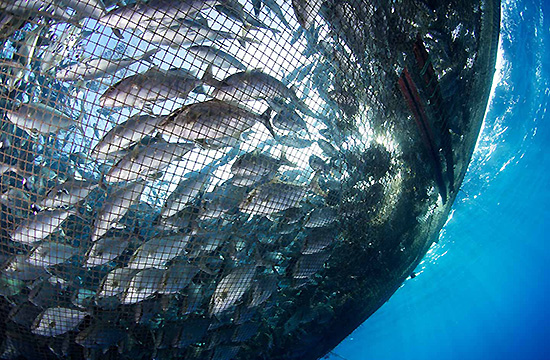
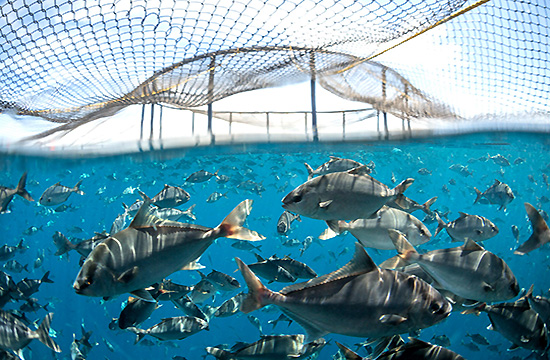
Expanding organic aquaculture operations presents a significant ecological challenge that demands immediate attention. The hurdles and complexities associated with scaling up organic aquaculture include energy, water, land, infrastructure, recirculation systems, supply-demand alignment, reliance on fishmeal and fish oil, carrying capacity, and predator control.
Overcoming these challenges requires a comprehensive and collaborative approach from stakeholders across the industry.
Organic aquaculture faces multifaceted and interconnected challenges related to food production, environmental impact, resource efficiency, and the urgent need for scaling up sustainable practices ..
Overcoming the challenges and barriers associated with organic aquaculture requires a comprehensive and collaborative approach from stakeholders across the industry.
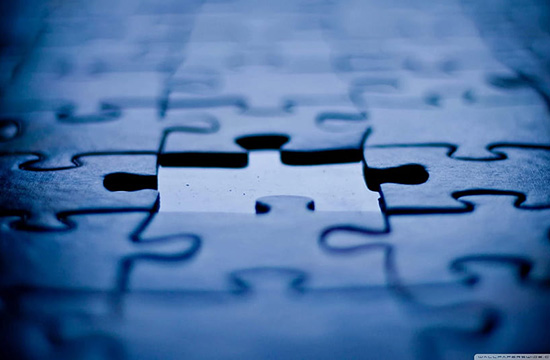
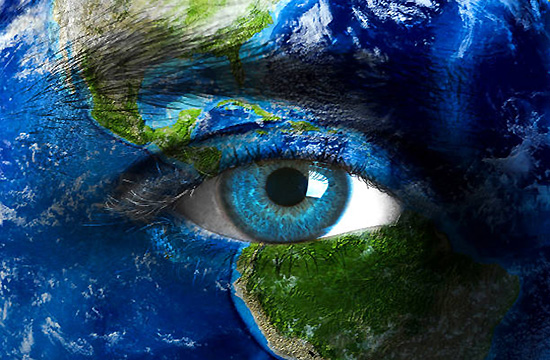
Developing and implementing innovative solutions for sustainable food production methods requires substantial investments in research and development and the willingness to challenge established norms. Additionally, scaling up alternative food production methods to meet global demand presents logistical challenges, requiring significant infrastructure and supply chain adaptations.
Overcoming these barriers is crucial to realizing the potential of alternative realities in food production.

